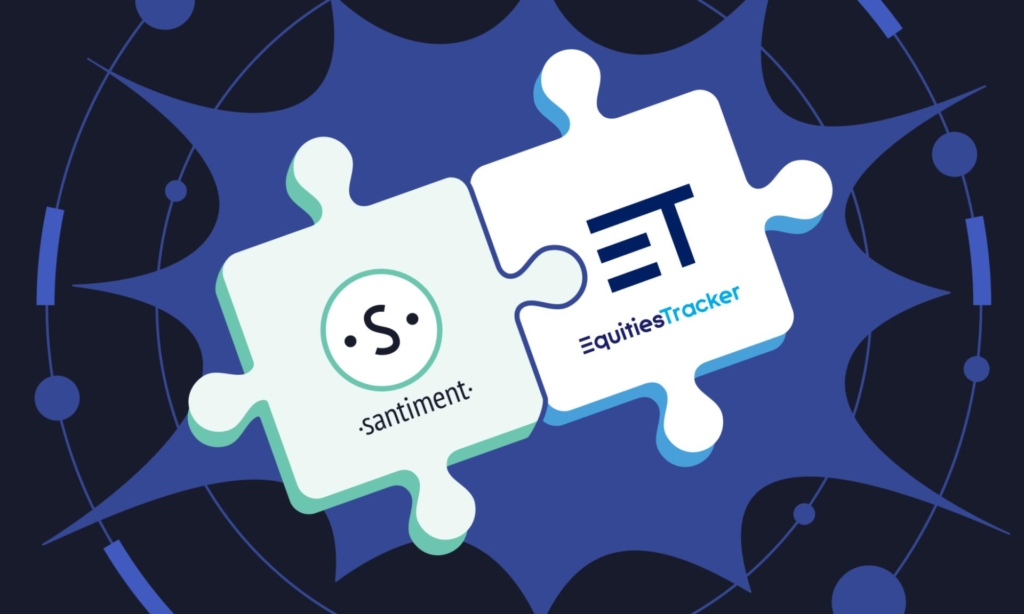The U.S. Securities and Exchange Commission (SEC) has distributed $4.6 million to investors harmed by the collapse of BitClave’s 2017 ICO. The payout, drawn from the BitClave Fair Fund, includes principal amounts and interest for eligible participants, addressing the fallout from the blockchain startup’s unregistered Consumer Activity Token (CAT) sale.
BitClave raised $25.5 million in a rapid ICO that reached its target in under a minute but later failed, leaving investors with significant losses. In 2020, the SEC filed a lawsuit against the company for violating federal securities laws.
While BitClave initially committed to paying nearly $29 million into the restitution fund, only $12 million had been contributed by early 2023. Claims for reimbursement were required by August 2023, with the SEC completing its review process in March 2024.
The SEC’s announcement of the distribution marks a notable step in compensating those affected by unregistered ICOs. However, the regulatory environment may soon undergo significant changes.
President-elect Donald Trump, taking office in January 2025, is reportedly planning a pro-crypto shift in policy. Speculation surrounds the potential resignation of SEC Chair Gary Gensler, who has faced criticism for strict enforcement against digital assets.
Trump’s administration is considering appointing pro-crypto figures, such as Scott Bessent, as SEC Chair or Treasury Secretary. Additionally, plans include establishing a permanent crypto advisor role within the White House to enhance coordination on cryptocurrency issues.
These moves indicate a potential pivot toward fostering innovation while maintaining oversight in the crypto sector. The BitClave restitution highlights ongoing efforts to rectify past regulatory failures, while upcoming policy shifts could reshape the landscape for cryptocurrency investors and businesses.



